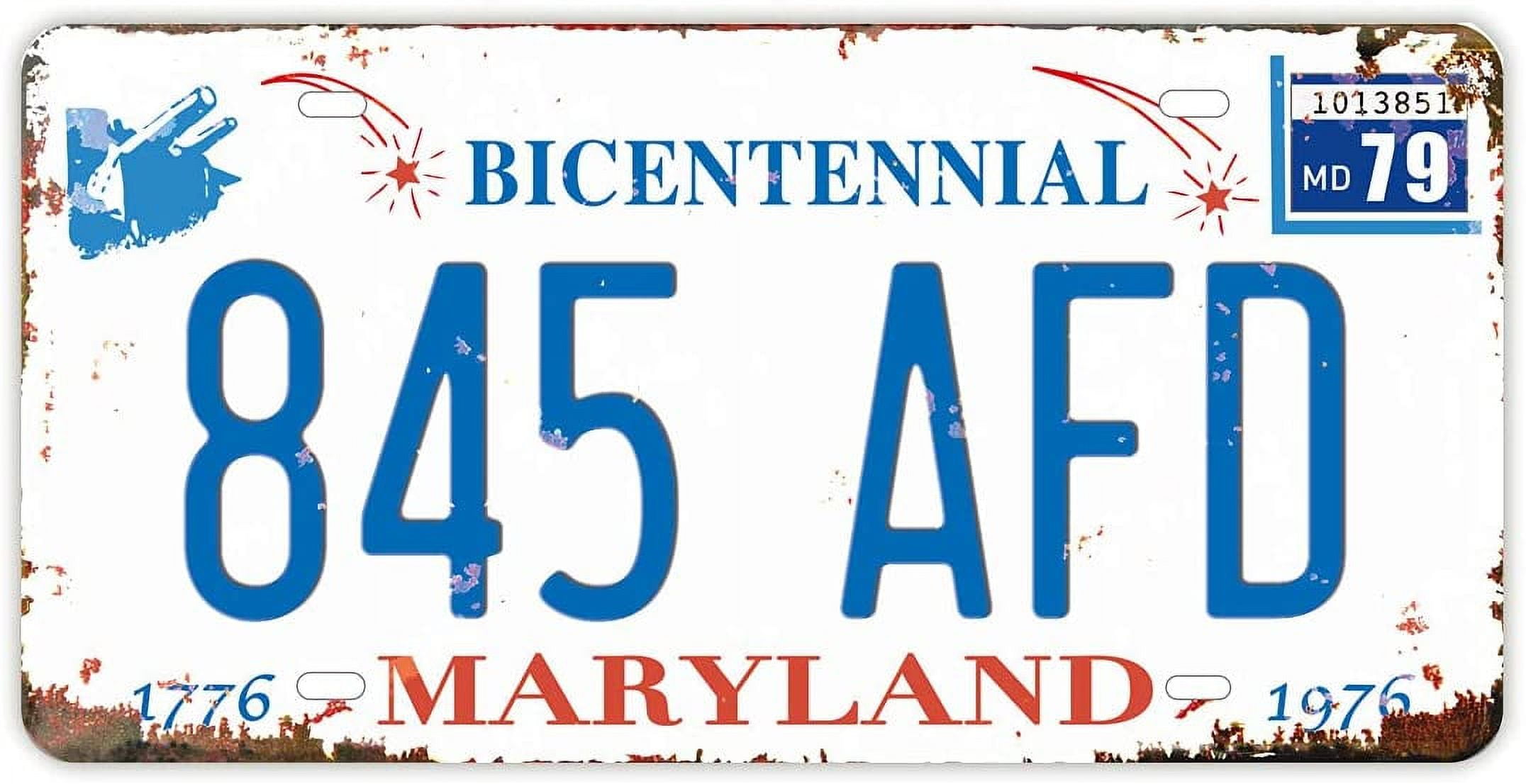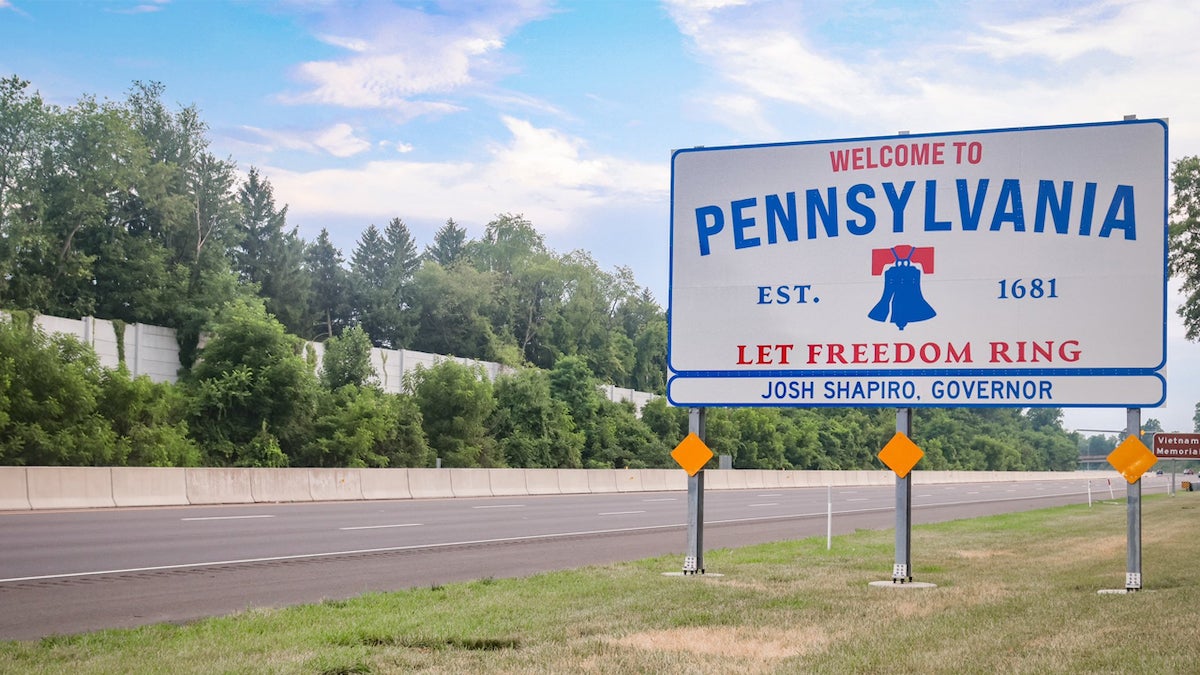Vehicle Registration and Identification

Pa license plate – Pennsylvania license plates are crucial for identifying and registering vehicles within the state. They serve as a legal requirement for all vehicles operating on public roads, providing vital information about the vehicle and its owner.
From the vibrant streets of Philadelphia to the serene countryside of the Poconos, Pennsylvania’s license plates serve as a symbol of the Keystone State’s rich heritage. Whether you’re looking for a classic design or something more personalized, you’ll find a wide range of pennsylvania license plate options to choose from.
From specialty plates that support various causes to commemorative plates that celebrate important milestones, there’s a license plate that perfectly captures the spirit of Pennsylvania.
PA license plates follow specific formats and designs, with standard plates featuring a combination of letters and numbers. Additionally, there are various specialty plates available, which offer unique designs and personalization options.
Pennsylvania license plates, a common sight on the roads, offer a glimpse into the state’s rich history and diverse population. But did you know that you can uncover even more information about a PA license plate with a quick pennsylvania license plate lookup ?
This convenient tool allows you to search for vehicle registration details, helping you connect the dots and unravel the stories behind these essential pieces of metal on wheels.
Types of License Plates, Pa license plate
- Standard Plates: Consist of a random combination of letters and numbers, with a specific format depending on the vehicle type.
- Specialty Plates: Offer customized designs and messages, supporting various causes, organizations, or interests. They require an additional fee and may have specific eligibility criteria.
Examples of License Plate Types
- Passenger Vehicles: Standard plates with a combination of three letters and four numbers (e.g., ABC1234).
- Commercial Vehicles: Plates with a red background and white lettering, displaying the vehicle’s weight class and registration number (e.g., 12345).
- Antique Vehicles: Special plates with a yellow background and black lettering, indicating the vehicle’s age and historical significance.
Obtaining and Renewing PA License Plates

License plates are an essential part of owning a vehicle in Pennsylvania. They serve as a form of identification for your car or truck and are required by law. If you’re new to the state or have recently purchased a vehicle, you’ll need to obtain a license plate. And if you’re an existing resident, you’ll need to renew your license plate every year.
Obtaining a New License Plate
To obtain a new license plate in Pennsylvania, you will need to visit your local PennDOT Driver License Center. You will need to bring the following documents with you:
- Proof of ownership for the vehicle (such as a title or registration card)
- Proof of insurance for the vehicle
- Payment for the license plate fee
The license plate fee varies depending on the type of vehicle you have. You can find the fee schedule on the PennDOT website.
Renewing an Existing License Plate
To renew your existing license plate, you can either renew online or by mail. If you renew online, you will need to have your license plate number and renewal notice handy. If you renew by mail, you will need to complete the renewal form and mail it to the address provided on the form.
The renewal fee for a license plate is $36. You can pay the fee online, by mail, or at your local PennDOT Driver License Center.
Special License Plates and Regulations

Pennsylvania offers a wide range of specialty license plates to cater to diverse interests and causes. These plates feature unique designs and often support specific organizations or initiatives.
Vanity or Personalized License Plates
Residents may choose to personalize their license plates with a combination of letters and numbers, subject to availability and adherence to certain guidelines. Vanity plates must not contain offensive or inappropriate language or symbols.
License Plate Placement and Visibility
License plates must be securely attached to the front and rear of the vehicle in a clearly visible location. They should not be obstructed by any objects or accessories that impair their visibility.
Restrictions on License Plate Use
Certain types of license plates, such as those issued to law enforcement or government officials, are restricted to authorized individuals. Misuse or unauthorized display of these plates may result in penalties.